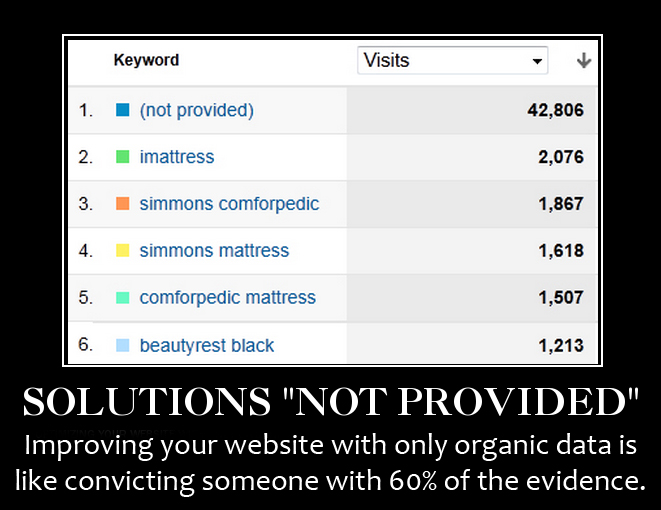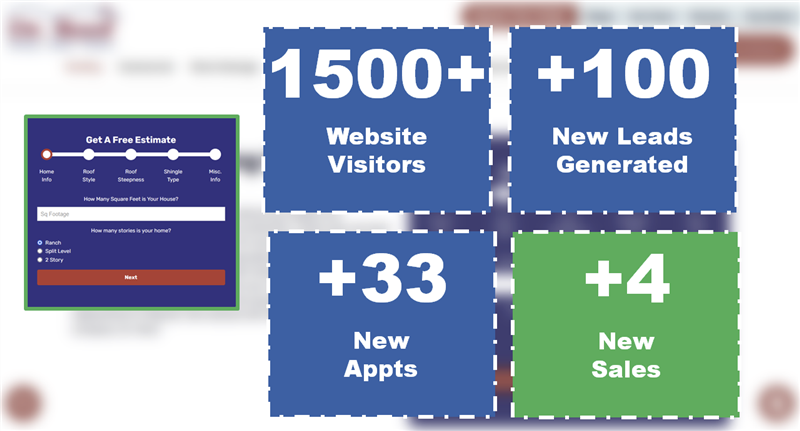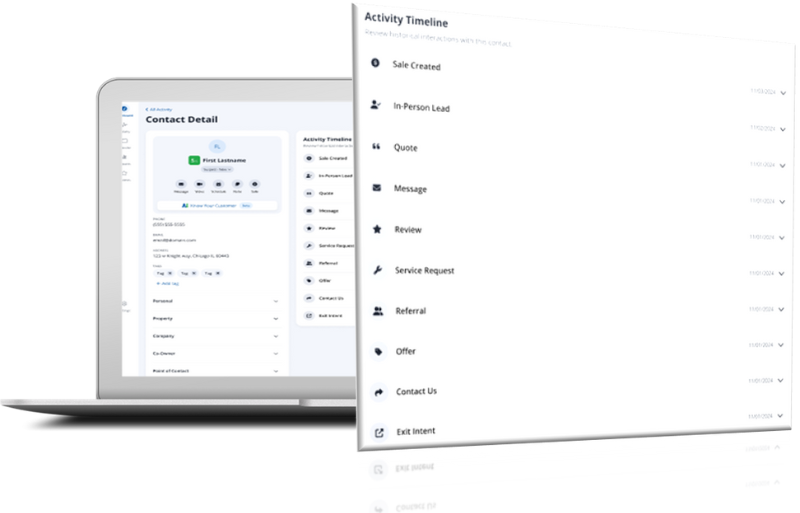3 Ways to Succeed at PPC Advertising
 Is your company’s website as effective at generating sales/leads as it could be? Which aspects of the website have the biggest opportunities for improvement? Pay-per-click advertising is an easy and cost-effective way to collect reliable performance information to answer these questions and generally improve how your company operates online. If your website is evaluated based on hunches rather than on its real-world performance (e.g. “I changed the title of this page from "X" to "Y" because I thought "Y" sounded better”), PPC can take you to the next level. For example, you can test multiple headlines for your ads and see which headlines are most persuasive to prospective customers. That will help you intelligently decide which page title will be most effective.
Is your company’s website as effective at generating sales/leads as it could be? Which aspects of the website have the biggest opportunities for improvement? Pay-per-click advertising is an easy and cost-effective way to collect reliable performance information to answer these questions and generally improve how your company operates online. If your website is evaluated based on hunches rather than on its real-world performance (e.g. “I changed the title of this page from "X" to "Y" because I thought "Y" sounded better”), PPC can take you to the next level. For example, you can test multiple headlines for your ads and see which headlines are most persuasive to prospective customers. That will help you intelligently decide which page title will be most effective.
1. PPC gives you very reliable information about how your website is performing on each keyword and where you can improve.
For example, if you’re a home improvement company, your PPC results might indicate that you’re converting 10% of searches for “garden windows” into orders but only 2% for “casement windows,” which would mean that you should probably improve your casement windows page (e.g. make sure that it’s easy for prospective customers to quickly find the information they are searching for). When it comes to figuring out how best to improve your website, PPC data is much more reliable than organic (unpaid) searches because Google hides so much of the data. 39% of Google organic keywords are concealed as “not provided”, a figure which will grow with the spread of Google+ and other features which conceal search data.
2. Pay-per-click ads help you identify potential solutions to help your website increase sales.
For example, PPC data could indicate:
- Which product pages could be improved and which are most effective. For instance, we decreased cost-per-acquisition by 30% for one of our clients by reorganizing under-performing pages to make them function more like the top-performing pages.
- Whether your shopping cart is effective.
- Whether your website performs for mobile users.
 3. PPC ads make it extremely easy and safe to test out changes without drastically altering your existing website.
3. PPC ads make it extremely easy and safe to test out changes without drastically altering your existing website.
- Test the tone of your language. For example, our PPC campaigns for home-improvement companies generally increase sales with upscale language (e.g. “we craft windows” converts better than “we build windows”). Now that we have evidence ,that upscale language works well with customers we can safely make changes to the website and to offline promotional materials.
- Test your calls to action. Our mattress ads generally sell the most when we invite customers to “buy online or in our stores.” Thanks to this PPC result, we've added highly effective buttons like “Locate Closest Shops Which Carry This Mattress” to our online product listings.
- Test how you phrase your offers. For example, our door companies generally sell the most with unusual offers like “free appointment” or “free measuring” rather than “free in-home estimate.”
In each of these cases, PPC data let us safely test the waters and learn more about what was most effective for each company before we made substantial changes to their websites. For more information on the software and services Spectrum provides, please schedule an appointment or contact your SEO.








